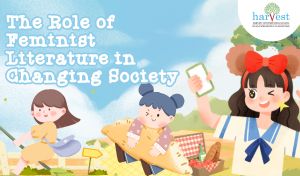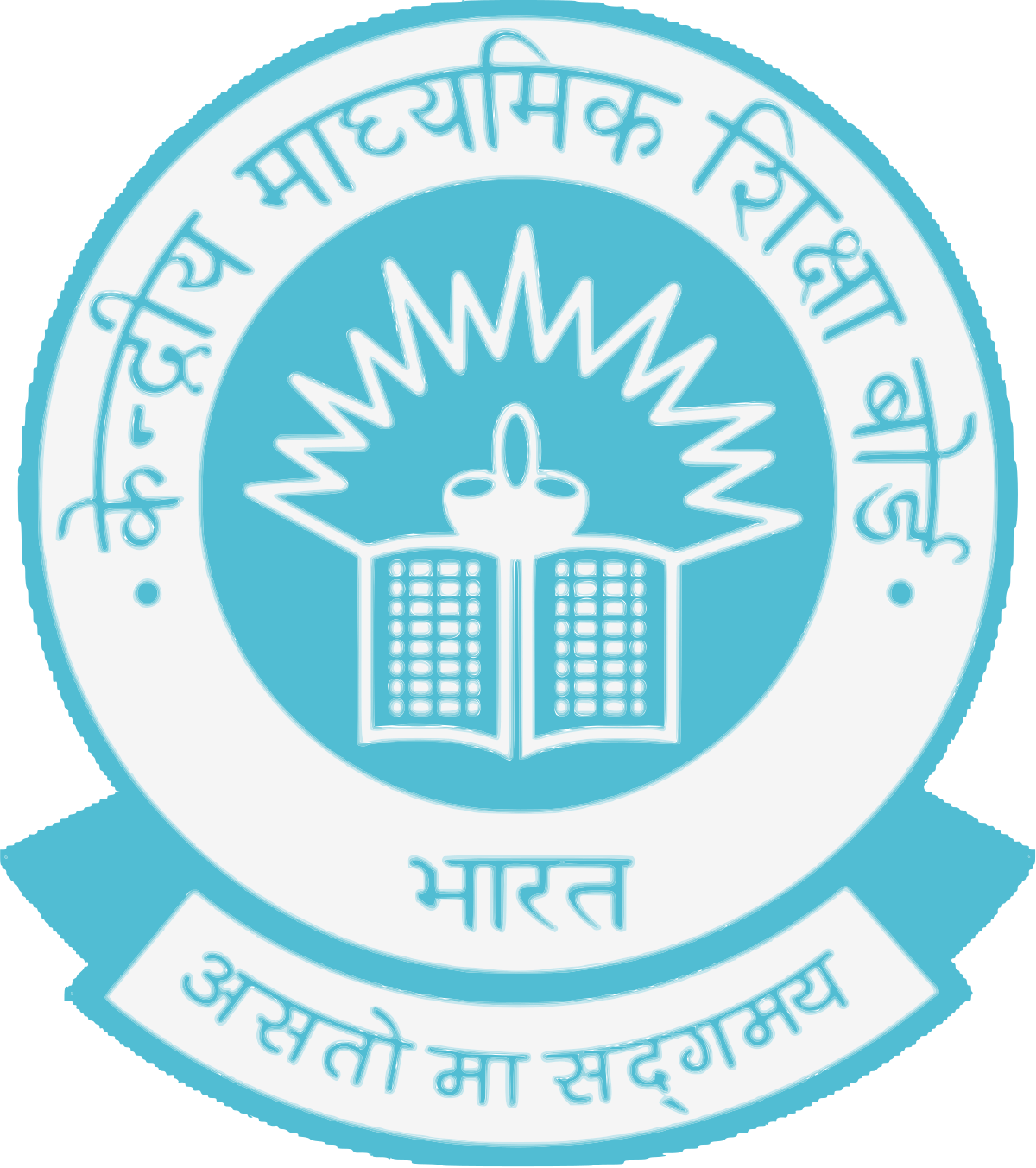The Role of Feminist Literature in Changing Society
In every age, literature has been a mirror to society, reflecting its strengths, exposing its flaws, and often challenging the status quo. Feminist literature, in particular, has served as a powerful medium for advocating social justice, gender equality, and human rights. Through compelling stories, poetry, essays, and manifestos, feminist writers have not only questioned patriarchy but also reshaped how societies perceive gender roles, identity, and power.
At Harvest International School, counted among the best schools in Sarjapur Road Bangalore, we believe in empowering young minds through exposure to diverse perspectives. As part of our holistic academic approach, we integrate powerful literary voices—including feminist writers—into our curriculum to nurture critical thinking, empathy, and social consciousness.
Understanding Feminist Literature
Feminist literature refers to any form of writing that advocates for women’s rights and critiques the systemic inequalities that marginalize women and other gender minorities. From the foundational works of Mary Wollstonecraft and Virginia Woolf to contemporary authors like Chimamanda Ngozi Adichie and Arundhati Roy, feminist literature spans centuries and continents.
What makes this genre transformative is its capacity to not only question societal norms but to offer alternatives—narratives of resistance, self-assertion, and liberation. As a part of our language and humanities curriculum, students at Harvest International engage with such texts to develop a deep understanding of social issues while honing their analytical and empathetic skills.
Why Feminist Literature Matters in Education
As one of the CBSE schools in Bangalore Sarjapur road, we recognize that education should not be limited to textbooks and exams—it should inspire students to think deeply, act compassionately, and question constructively. Feminist literature plays a vital role in this process by:
1. Encouraging Critical Thinking
By introducing students to voices that challenge mainstream narratives, we help them cultivate the ability to question what they read and hear. Why is a character portrayed a certain way? What power dynamics are at play? These are questions that feminist texts inspire students to ask.
2. Fostering Empathy and Inclusion
Reading about lived experiences of oppression and resistance—whether in the slums of Mumbai or the salons of 19th-century Europe—gives students insight into struggles different from their own. This enhances their emotional intelligence and prepares them to be inclusive global citizens.
3. Empowering Young Voices
Feminist literature often features protagonists who reclaim their agency in the face of adversity. These stories inspire students, especially girls, to believe in their potential and use their voices to bring about change.
Such learning experiences reflect our ethos as one of the best schools in Bangalore India, where academic excellence is seamlessly blended with character education.
The Evolution of Feminist Writing: A Historical Overview
To appreciate the transformative power of feminist literature, it is important to trace its evolution:
- First-Wave Feminism (19th – Early 20th Century): Focused primarily on legal issues, especially women’s suffrage. Literature from this era, like Wollstonecraft’s A Vindication of the Rights of Woman and the writings of Sojourner Truth, laid the foundation for future discourse.
- Second-Wave Feminism (1960s–1980s): Addressed issues of sexuality, workplace rights, and cultural inequality. Authors like Sylvia Plath, Simone de Beauvoir, and Maya Angelou emerged as literary icons.
- Third-Wave and Intersectional Feminism (1990s–Present): Broadened the scope to include race, class, and sexual orientation. Chimamanda Ngozi Adichie, bell hooks, and Gloria Anzaldúa have been central to this wave, making feminist literature more inclusive and globally relevant.
At Harvest International, a leader among top schools in Bangalore, we expose students to voices from each wave, allowing them to trace the progress and diversity within feminist thought.
Feminist Literature in the Indian Context
India has a rich tradition of feminist writing that includes pioneers like Ismat Chughtai, Mahasweta Devi, and Kamala Das. These authors have addressed caste, gender and religion in ways that are deeply rooted in the Indian socio-cultural experience.
As part of our curriculum, students analyze these Indian writers alongside global figures, developing a nuanced understanding of both local and global feminist struggles. This emphasis on diverse voices reinforces our standing as one of the best schools in Sarjapur Road Bangalore, committed to inclusive and relevant education.
Integrating Feminist Literature into School Curriculum
1. In-Class Textual Analysis
We introduce students to feminist authors through short stories, essays, and poems, encouraging them to identify themes of resistance, identity, and justice.
2. Debates and Discussions
Classroom debates on gender stereotypes in media or the portrayal of women in mythology spark critical thinking and respectful dialogue—hallmarks of a Harvest education.
3. Creative Writing Projects
Students are encouraged to write from perspectives different from their own, fostering empathy and broadening their worldview. These writing exercises are often the most revealing and impactful.
Our dynamic teaching methods place us firmly among the CBSE schools in Bangalore Sarjapur road that lead with innovation and purpose.
Literature as a Catalyst for Societal Change
Feminist literature doesn’t just reflect societal realities—it changes them. Here’s how:
1. Shaping Public Discourse
From Virginia Woolf’s A Room of One’s Own to Adichie’s We Should All Be Feminists, feminist texts have become part of mainstream conversations, influencing policy debates, social media activism, and educational reforms.
2. Creating Role Models
Characters like Jane Eyre, Maya Angelou’s autobiographical self, or Arundhati Roy’s Ammu offer models of strength, resilience, and defiance. These figures become aspirational for readers across generations.
3. Building a Just Society
At Harvest, we believe that every young reader who understands social injustice becomes a potential agent of change. It is this belief that makes us a beacon among the best schools in Bangalore India.
The Role of Schools in Amplifying Feminist Voices
Feminist literature should not be confined to college syllabi or niche book clubs. Schools play a crucial role in normalizing these conversations early on.
1. Teacher Training and Sensitization
Our educators are trained to handle sensitive topics with care and encourage open dialogue. As one of the top schools in Bangalore, we invest in continuous learning for our staff to maintain a classroom culture of safety and curiosity.
2. Inclusive Libraries
Our library features a curated section of feminist literature across reading levels—children’s books like Malala’s Magic Pencil as well as young adult novels like The Hate U Give. These selections make gender discourse accessible and age-appropriate.
3. Collaborative Learning Projects
Students work on group presentations, podcasts, and research assignments that explore themes like women in STEM, gender roles in mythology, or media representation—bridging literary analysis with real-world implications.
These initiatives set us apart as one of the best schools in Sarjapur Road Bangalore, committed to preparing students not just for exams, but for life.
Conclusion
Feminist literature is not just about women’s issues—it’s about justice, freedom, and human dignity. At Harvest International School, we are proud to integrate such transformative texts into our curriculum. Doing so not only enriches students’ academic experience but also equips them with the empathy, courage, and wisdom to shape a more equitable world.
By fostering these values, we continue to solidify our standing among the best schools in Sarjapur Road Bangalore, the CBSE schools in Bangalore Sarjapur road, and the best schools in Bangalore India. Literature may begin with words on a page, but at Harvest, those words become action, compassion, and change.





